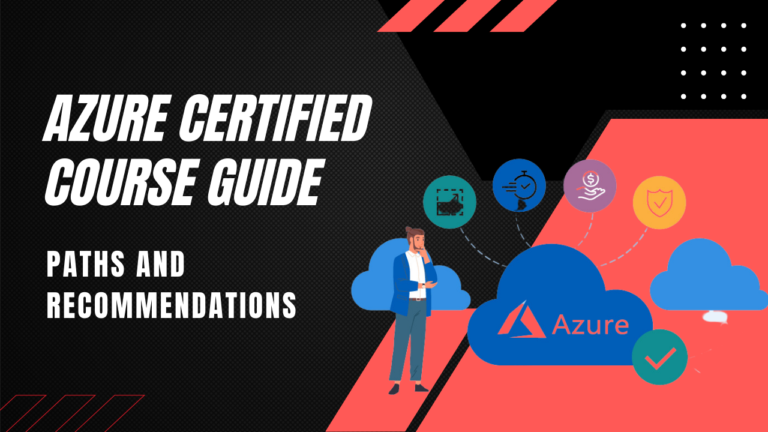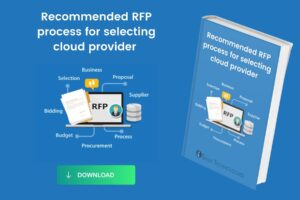DataOps has emerged as a critical discipline in the field of data management and operations. DataOps Engineers play a vital role in ensuring the smooth flow of data, implementing automation, and optimizing data processes.
This article provides insights into the role of a DataOps Engineer and outlines the steps to become one, including the importance of training and certifications.
Understanding the Role of a DataOps Engineer
What is a DataOps Engineer?
A DataOps Engineer is a professional who combines expertise in data engineering, software development, and operations to facilitate efficient and reliable data operations. They are responsible for designing and implementing data pipelines, automating data processes, and ensuring data quality and governance.
DataOps Engineers collaborate with cross-functional teams, including data scientists, data analysts, and IT operations, to streamline the end-to-end data lifecycle.
Key Responsibilities of a DataOps Engineer
DataOps Engineers have several key responsibilities, including:
- Designing and implementing data integration and ETL (Extract, Transform, Load) processes.
- Developing and maintaining data pipelines and workflows.
- Automating data processes to improve efficiency and reduce manual effort.
- Ensuring data quality and implementing data governance practices.
- Collaborating with different teams to identify and address data-related issues.
- Monitoring and troubleshooting data pipelines and infrastructure.
- Keeping up with emerging technologies and industry trends in data management.
Steps to Become a DataOps Engineer
Becoming a proficient DataOps Engineer requires a combination of technical skills, knowledge, and practical experience. Here are the essential steps to embark on the journey:
Acquire a Strong Foundation in Data Engineering
DataOps Engineers need a solid understanding of data engineering concepts and technologies. Start by learning programming languages like Python or SQL, as they are commonly used in data operations. Familiarize yourself with relational databases, data modeling, and data warehousing principles. Gain knowledge of data structures, algorithms, and data manipulation techniques.
Develop Proficiency in Data Integration
Data integration is a crucial aspect of DataOps. Learn about data integration tools and frameworks such as Apache Kafka, Apache NiFi, or AWS Glue. Understand the concepts of data extraction, transformation, and loading. Explore techniques for handling different data formats and sources, including APIs, databases, and file systems.
Gain Expertise in Automation and Orchestration
Automation and orchestration play a significant role in DataOps to streamline data processes. Learn how to leverage workflow management tools like Apache Airflow, Luigi, or AWS Step Functions to automate data pipelines and workflows. Understand the principles of distributed computing, parallel processing, and job scheduling. Develop skills in scripting and using automation frameworks.
Master Data Governance and Quality
Data governance and quality are critical components of DataOps. Familiarize yourself with data governance frameworks, policies, and best practices. Learn how to implement data quality checks, data profiling, and data validation techniques. Understand data privacy, security, and compliance requirements. Gain knowledge of metadata management and data cataloging.
Stay Up-to-Date with Emerging Technologies
The field of DataOps is continuously evolving with new technologies and tools. Stay updated with emerging trends such as cloud computing, serverless architectures, containerization, and big data platforms. Explore technologies like Apache Spark, Kubernetes, or AWS Lambda. Engage with the data engineering and DataOps community through forums, conferences, and online resources.
DataOps Training and Certification
Research DataOps Training Options
To enhance your skills and knowledge in DataOps, research various training options available. Look for reputable training providers, online courses, and workshops that cover DataOps principles, tools, and best practices. Read reviews, compare curricula, and consider the specific skills you want to acquire.
Choose the Right DataOps Training Program
Select a DataOps training program that aligns with your learning preferences and career goals. Look for comprehensive programs that cover essential DataOps concepts, methodologies, and relevant technologies. Consider factors such as instructor expertise, hands-on practice opportunities, real-world case studies, and post-training support.
Consider DataOps Certifications
Obtaining DataOps certifications can enhance your credibility and demonstrate your expertise in the field. Look for reputable certification programs that validate your knowledge and skills in DataOps. Popular certifications include Certified DataOps Professional (CDOP) and DataOps Foundation Certification. These certifications can boost your career prospects and open doors to new opportunities.
Conclusion
Becoming a DataOps Engineer requires a combination of technical skills, practical experience, and continuous learning. By acquiring a strong foundation in data engineering, developing proficiency in data integration and automation, mastering data governance and quality, and staying updated with emerging technologies, you can pave your way towards a successful career as a DataOps Engineer. Training programs and certifications can further enhance your expertise and credibility in the field, providing you with a competitive edge in the job market.





